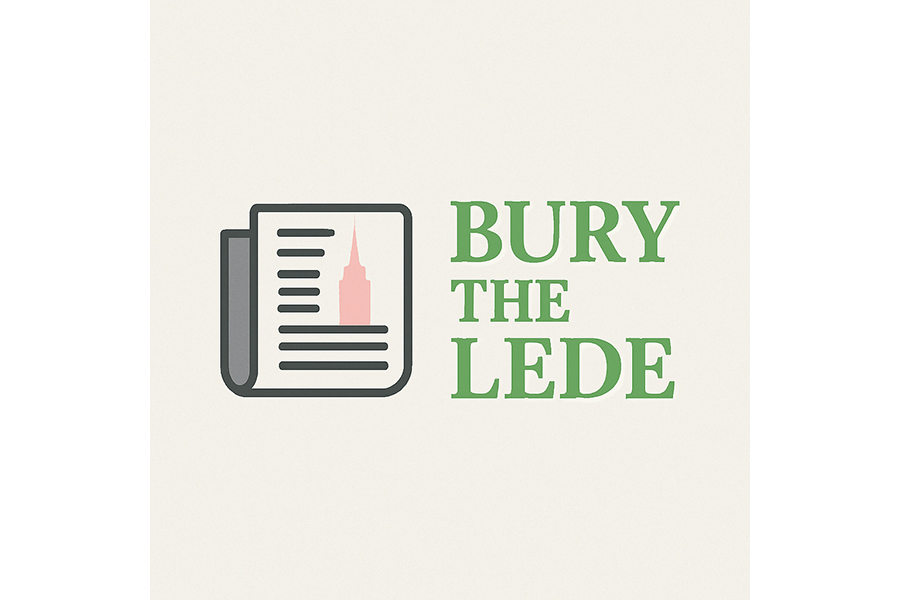Some of the sharpest thinking in media and communications is on Substack, where seasoned practitioners are sharing real insight with refreshing clarity. This roundup highlights four standout voices offering smart analysis, thoughtful storytelling, and a distinctive point of view on the work. These are the Substacks we’re hitting subscribe on.
Bury the Lede
Bury the Lede, created by c...






